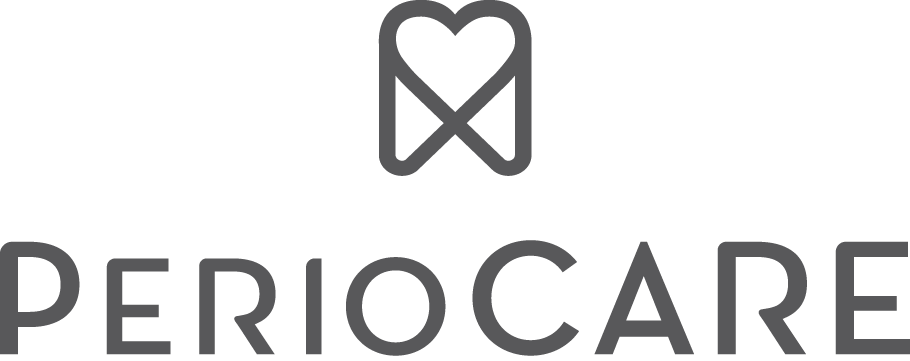Timely Care
Biology is a remarkable thing
For individuals who are relatively fit and well with no significant medical problems, biological events take place in a fairly predictable sequence over a relatively set time frame. There are ways to try and tweak these events so that they occur a bit sooner but there are restrictions. This means that our appointments are scheduled in such a way in order to maximise a successful clinical outcome.
Visits to the hygienist
It is important that hygienist visits for maintenance or supportive care are on schedule. Deferring hygienist visits increases the probability of deterioration. Similarly the effects of a shorter hygienist appointment can be accumulative over the course of a year with bleeding scores becoming higher at each visit. Long term clinical studies show that a well-maintained patient is much less likely to lose a tooth due to infection over an extended period of time. Take a look at the maintenance information on our website.
The concept of "buying time" or delaying the loss of a tooth
Being able to eat well is essential for our general health and well-being. For patients who already have extensive severe disease, allow us to help you keep these teeth by having appropriate care with our periodontist. Treatments can be used to "buy time" for your teeth or implants that would otherwise be extracted or put to sleep in order to retain eating and chewing function. It is not realistic nor possible to guarantee a hundred percent positive outcome as there are many variable factors.
Sequencing of various treatments
If you present with multiple problems, it can be confusing which treatments or procedures take priority. We structure our care into three phases:
- Primary care
- Secondary care
- Tertiary care
Primary care relates to any treatment for the relief of pain and removal of infections. Secondary care involves repair work such as fillings or restorations. Orthodontic treatment, full mouth rehabilitation and dental implant treatment are considered tertiary care. The concept here is that you need to be biologically ready for tertiary care for optimum success. Treatments carried out in the presence of active infection will lead to compromised care or even treatment failure.
Dr. Lingfeng Soo will present a step by step treatment plan that incorporates other providers involved in your care. It is customary for us to communicate with your dentist and other specialists.
Scheduling of appointments
Be assured that we will do our very best to accommodate trips out of town or special events such as weddings or a busy work schedule.
Where possible we will offer multiple procedures for one visit. This will in turn reduced the number of appointments and allow us to offer a package fee for the entire treatment plan.
Medical Tourism
This is a hot topic. The information presented here relates to the logistics of care and assumes that the quality of care is of similar standard.
Due to the biological characteristics of gum diseases and healing time, a successful treatment outcome is heavily reliant on a team approach and on the patient completing 'a course of care' which includes the procedure itself, the aftercare checks and follow-ups. The gums heal quickly on the surface in a matter of days to a few weeks but it can sometimes take up to 9-12 months for the tissues to mature and for full healing to occur. In addition regular maintenance is required for long term wellness and stability. Disjointed care and/or an absence of maintenance will lead to infections and a compromise outcome or even treatment failure. This means that taking the quick trip to South East Asia or South America for 3-4 weeks is not feasible for periodontal management.
On the other hand, we have many patients who are based overseas for a proportion of the year. On completion of a course of care we offer a hand-over -of care referral package and a prescription for maintenance which you can take to your overseas periodontist/hygienist/dentist. For stable healthy patients, an annual or biennial follow-up with Dr. Soo and a catch-up session with our hygienist will be sufficient. We can prioritise any interventions or re-treatments whilst you are in Auckland but you do need to factor in time required for post-op checks up to 2-4 weeks after the procedure.
